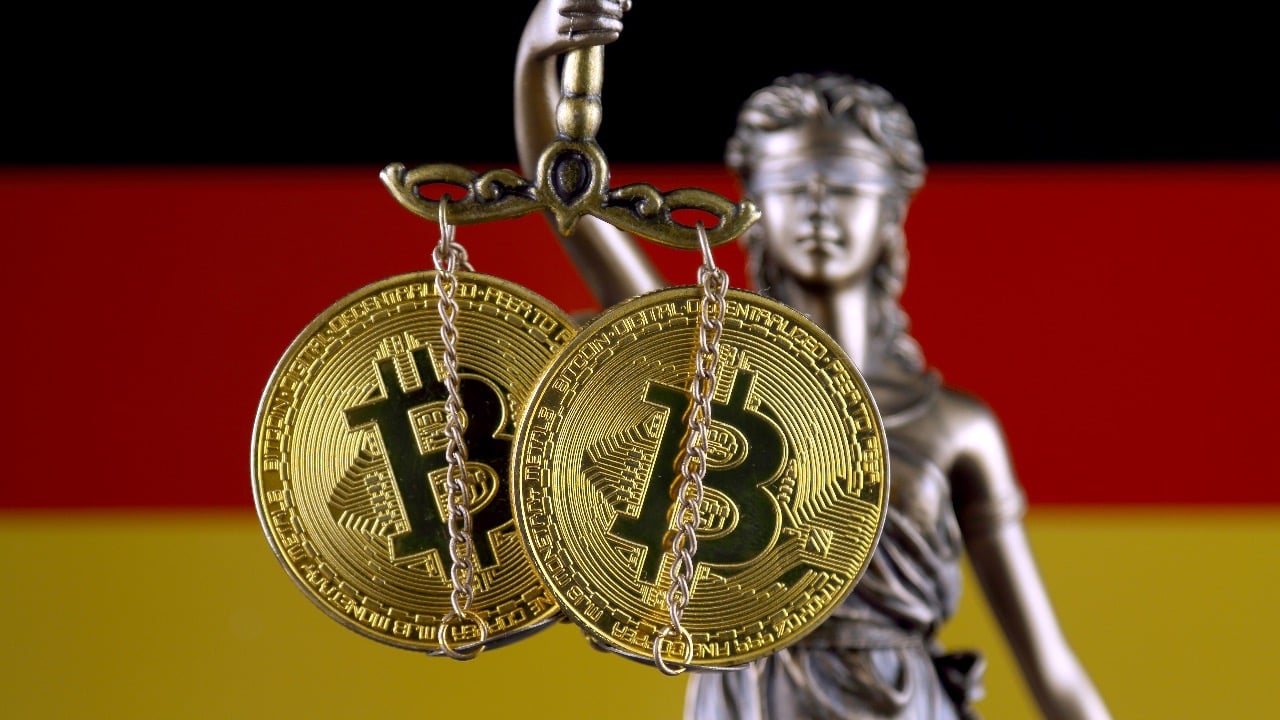On June 1st, a new German law came into effect that could theoretically see up to $415 billion flow into crypto. The German Fund Location Act, introduced in April and approved by parliament shortly thereafter, permits Spezialfonds, or special funds, to invest as much as 20% of their portfolios in crypto.
Sven Hildebrandt, CEO of Distributed Ledger Consulting estimates that if every Spezialfond chooses to allocate the full 20% in crypto, that would equate to &euro350 billion ($415 billion), based on the total AUM (assets under management) of such funds in Germany. His work was cited in a report by the financial newspaper Boersen Zeitung in April.
Spezialfonds are the dominant institutional investment vehicle in Germany. While the $415 billion figure is sizable enough on its own, it pales in comparison to the potential inflows that may come from other European countries if they chose to follow suit. Given Germany&39s status as the euro zone&39s most powerful economy, their policy actions have profound impacts on the surrounding neighbours.
There have been other signs of such acceptance of crypto emanating from Germany in recent months. Last Monday, Coinbase received a crypto custody license from Germany's Financial Supervisory Authority (BaFin). The license allows Coinbase to continue serving the German market. Deutsche Bank also announced its intention to offer custody and brokerage services to its institutional clients in December.
We are currently witnessing the beginnings of a very bullish narrative for institutional Bitcoin buying in Germany. Given their impact and influence on the entire Euro-zone, it will be interesting to see how Germany&39s policy influences the sentiment coming from the rest of Europe.














